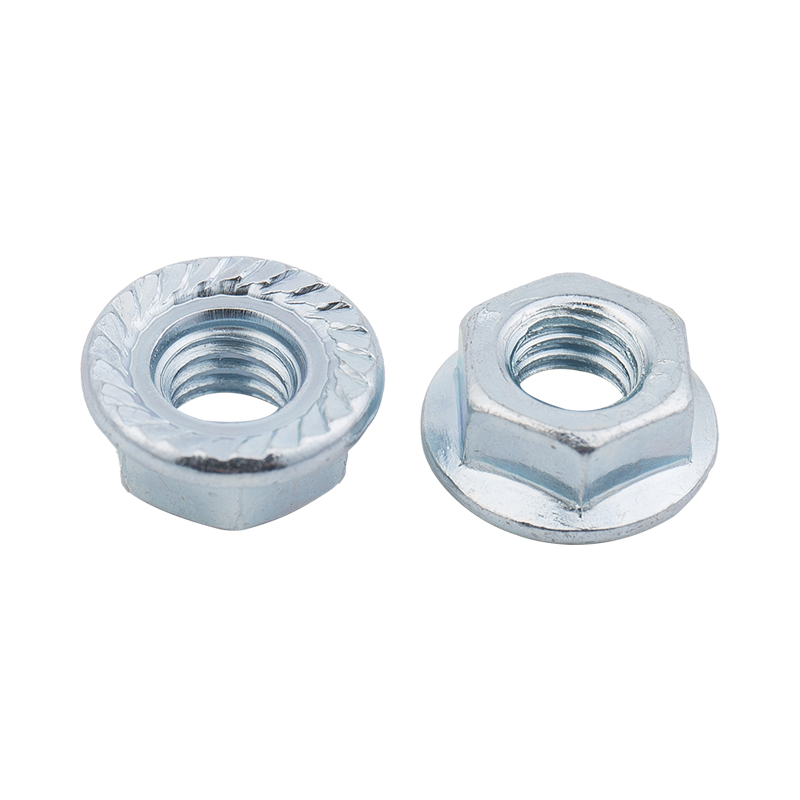-
CBB61 1.2uF/400V Black Film CapacitorsThe CBB61 1.2uF/400V capacitor features a black casing with black dielectric material, measuring 37mm × 24mm × 13mm. It includes mounting holes for se...
-
CBB61 1.5uF/400V CapacitorsThe CBB61 1.5uF/400V capacitor shares the 37mm × 24mm × 13mm black casing and black dielectric material with its 2.0uF counterpart. It also features m...
-
CBB61 2.0uF/400V CapacitorsThe CBB61 2.0uF/400V capacitor comes in a black casing with a black dielectric material, measuring 37mm × 24mm × 13mm. It includes mounting holes for ...
-
CL21 155/400V CapacitorsThe CL21 155/400V capacitor measures 22.5mm × 17.5mm × 10.3mm and is designed with a brown encapsulated casing, offering robust insulation and environ...
-
CL21 105/630V CapacitorsThe CL21 105/630V capacitor has dimensions of 22mm × 12.5mm × 7mm and features a brown encapsulated design, providing enhanced insulation and mechanic...
-
X2-104uf/305V CapacitorsThe X2-104uF/305V capacitor measures 18mm × 12mm × 11mm and features a yellow shell and yellow dielectric material, ensuring reliable insulation and l...
What industry standards govern the production and testing of carbon steel nuts?
Industry News-Carbon steel nuts play a critical role in countless applications, from automotive assemblies to construction projects. To ensure their safety, reliability, and performance, various industry standards have been established. These standards govern everything from material properties to testing protocols, creating a framework that manufacturers must adhere to.
ASTM Standards
One of the primary organizations setting standards for carbon steel nuts is the American Society for Testing and Materials (ASTM). Key standards include ASTM A194, which specifies the requirements for carbon and alloy steel nuts designed for high-pressure or high-temperature services. Another important standard, ASTM A307, covers carbon steel bolts and nuts intended for general applications, providing guidelines that ensure quality and compatibility across various uses.
ISO Standards
On a global scale, the International Organization for Standardization (ISO) also plays a significant role in establishing standards for fasteners. For instance, ISO 898-1 specifies the mechanical properties of fasteners made from carbon steel and alloy steel, ensuring that nuts can withstand the stresses of their intended applications. Similarly, ISO 3506 pertains to corrosion-resistant stainless steel nuts, catering to specific environments where corrosion is a concern.

SAE Standards
The Society of Automotive Engineers (SAE) provides standards particularly relevant to the automotive industry. SAE J429 details the mechanical and material requirements for automotive fasteners, including nuts, ensuring that they meet the demanding conditions found in vehicles.
DIN Standards
In Europe, the German Institute for Standardization (DIN) sets forth standards that are widely recognized. For example, DIN 934 specifies hex nuts made from various materials, including carbon steel, ensuring they meet consistent quality benchmarks.
Testing Standards
In addition to production standards, rigorous testing protocols are essential for verifying the quality and performance of carbon steel nuts. ASTM F606 provides guidelines for assessing the mechanical properties of fasteners, ensuring they can withstand operational stresses. Similarly, ISO 965 outlines tolerances for fasteners, guaranteeing that components fit properly and function as intended.
The landscape of carbon steel nut production and testing is governed by a comprehensive set of standards that ensure these essential components are safe and effective. By adhering to guidelines from organizations such as ASTM, ISO, SAE, and DIN, manufacturers can produce high-quality nuts suitable for a wide range of applications. These standards not only promote safety and reliability but also contribute to the overall efficiency and effectiveness of various industrial processes. As technology and engineering practices evolve, these standards will continue to play a vital role in the production of carbon steel nuts and other fasteners, helping to meet the demands of an ever-changing market.



 русский
русский Español
Español